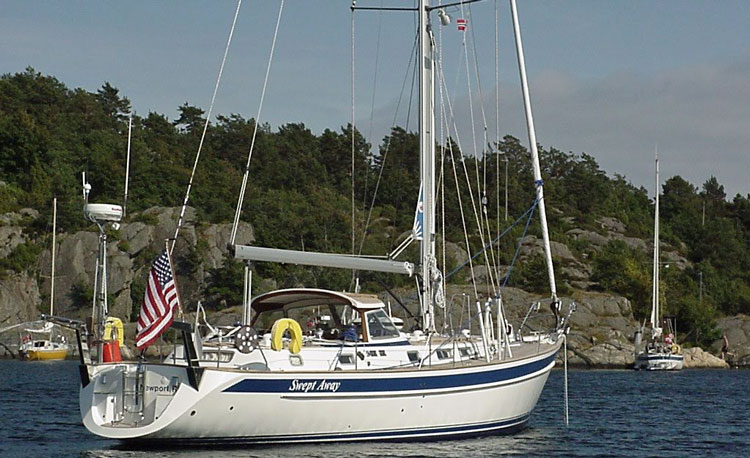 |
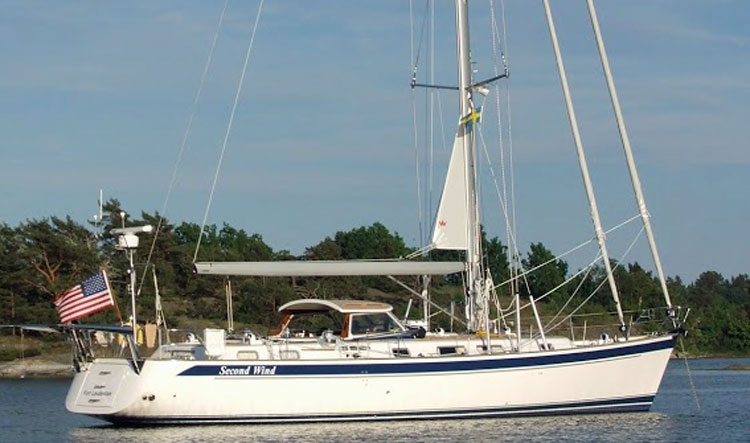 |
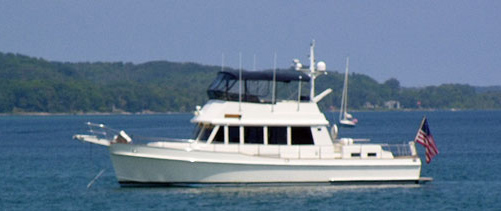 |
| The original Olympic Games were held every four years from
776 BC to 393 AD at the Greek city of Olympia. That's about a thousand years
without interruption. They didn't even cancel them for wars; they just
paused the war, had the Games, and went back to fighting.
Early events included foot racing, wrestling, boxing, horse racing, long jumping, javelin, and chariot races. There's more information about the Games here and here. Many of the events were performed naked. The first Games included only a foot race, which was won by the cook Koroibos. The statues at left were part of the east pediment of the enormous temple to Zeus at the site. |
|
| The site of
Mystras
was originally constructed in 1248 by a Frankish prince on behalf of the
Crusaders in the Latin Empire of Romania. It was recaptured in 1262 by the
Byzantines, who held it for hundreds of years and are most associated with
the site.
A UNESCO World Heritage site, Mystras was an important Byzantine city until the collapse of the empire. In this later building, the Pantanessa, the frescos comprise the last representative works of Byzantine art. Mystras was ruled by Despots, who obviously didn't realize that the title would decline into the insult it is now. Governing a Despotate was a lifetime assignment, and hundreds of homes were within the protection of the Byzantine overseers. The ruined site contains churches, a monastery, and a huge palace that served as the governing center and the residence of the Despot. |
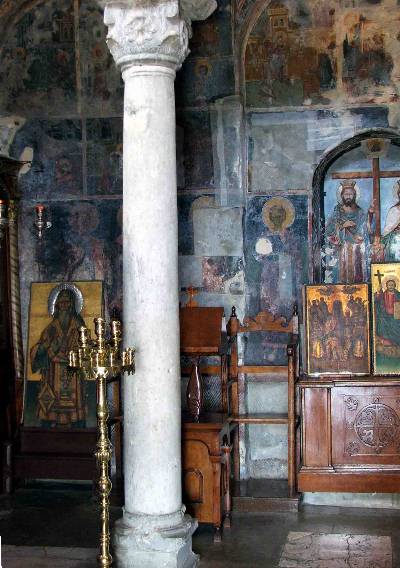 |
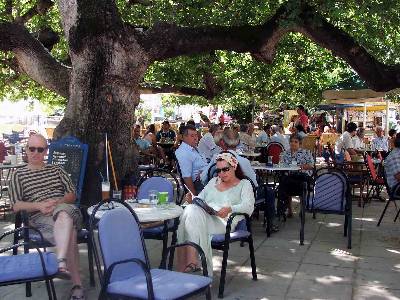 |
The town of Pylos is on Navarino Bay, and was part of two
decisive battles two millennia apart. During the Peloponnesian Wars in 424
BC, the Athenians conquered a group of Spartan infantrymen who were still
ashore on a nearby island after the Spartan ships had left the bay. Though
the Athenians outnumbered the Spartans by a factor of twenty-five, it was
considered a great victory because it found the first chink in the Spartan's
famed and feared military advantage.
During the Greek War of Independence in 1827, navies from France, Russia and Britain destroyed a Turkish and Egyptian armada, a decisive battle to Greek independence from the Ottoman Empire. Though the generals are honored by a monument here on Three Admirals Square, most of the visitors simply enjoy sitting in the shade of sprawling plane trees. |
| Kalamata olives, named for the Peloponnesian city of their origin, are cured in brine and packed in wine vinegar. This curing process makes their skin purple and smooth. They are harvested fully ripe and have an almond shape and a fruity flavor. |  |